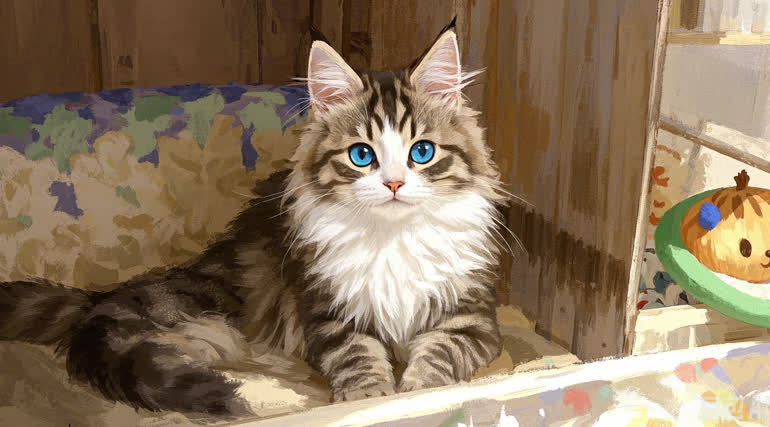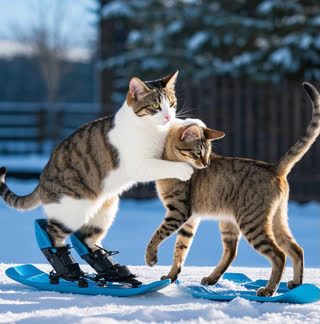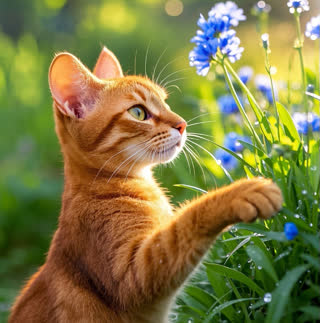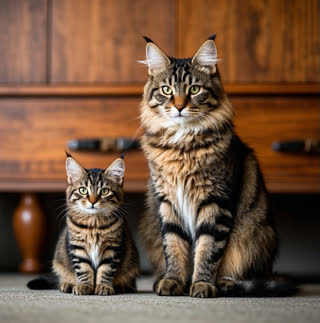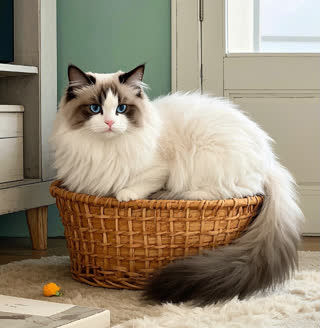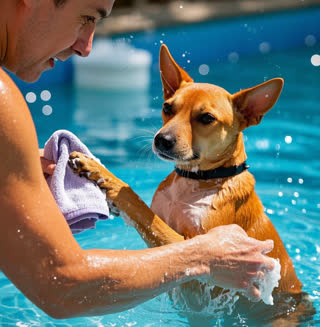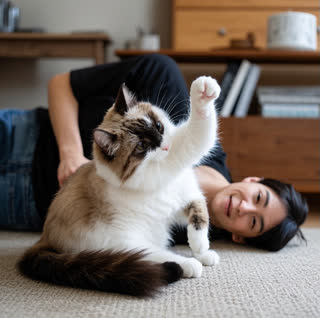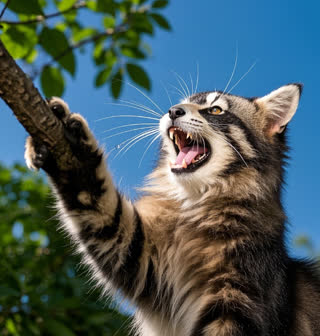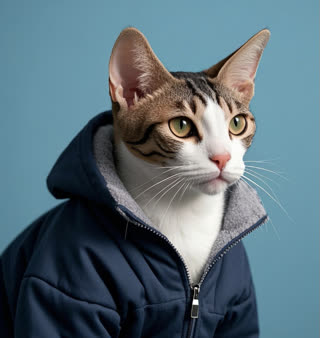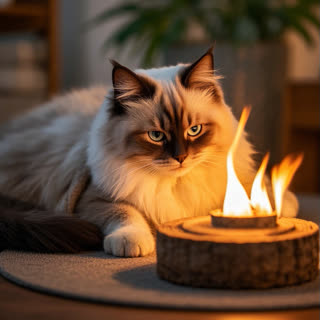Understanding the Maine Coon Breed
Temperament
Growth and Development
Finding a Reputable Breeder
Health Testing: Conduct regular health tests on their breeding cats to screen for genetic diseases common in Maine Coons, such as hypertrophic cardiomyopathy (HCM) and polycystic kidney disease (PKD). Kittens should come with a health certificate and be up-to-date on vaccinations.
Socialization: Ensure that the kittens are well-socialized from an early age. They should be exposed to different people, sounds, and environments to help them develop into confident and friendly cats.
Provide Documentation: Offer proper documentation, including pedigree papers, which trace the kitten's lineage. This helps you understand the genetic background of your future pet.
Allow Visits: Let you visit their cattery to see the living conditions of the cats and kittens. A clean, well-maintained cattery is a sign of a responsible breeder.
What to Look for in a Maine Coon Kitten
Physical Appearance
Size and Build: Even as kittens, Maine Coons are larger than many other breeds. Look for a kitten with a sturdy body, strong legs, and broad shoulders. Their paws are large and tufted, which helps them navigate through snow in their native Maine.
Coat: The coat should be soft, thick, and well-textured. Check for any signs of matting or bald patches. Maine Coons have a ruff around their necks, which gives them a majestic look.
Eyes: Their eyes are large and expressive, usually in colors like green, gold, or copper. The eyes should be clear, free of discharge, and bright, indicating good health.
Ears: Tufted ears are a characteristic feature of Maine Coons. The ears should be clean inside, without any signs of wax buildup or infection.
Temperament
Playfulness: A healthy Maine Coon kitten is typically full of energy and loves to play. Look for kittens that are actively exploring their surroundings, chasing toys, and showing curiosity.
Friendliness: Approach the kittens and see how they respond. A friendly kitten will come towards you, rub against your legs, and may even let you pick them up. Avoid kittens that seem overly shy or aggressive.
Responsiveness: Call out to the kittens or make a noise. A good sign is if they turn their heads towards the sound, indicating normal hearing and attentiveness.
Preparing Your Home for a Maine Coon Kitten
Food and Water: Purchase high-quality cat food suitable for Maine Coon kittens. They require a diet rich in animal-based proteins. Provide fresh water at all times, and consider using a water fountain, as Maine Coons often prefer running water.
Litter Box: Choose a large litter box, as Maine Coons grow to be quite big. Place it in a quiet, easily accessible area of the house. Use a good quality litter that is non-toxic and easy to clean.
Toys and Scratching Posts: Maine Coons are active cats and need plenty of toys to keep them entertained. Interactive toys like feather wands, laser pointers, and puzzle toys are great for mental and physical stimulation. A sturdy scratching post is essential to keep their claws healthy and to prevent them from scratching your furniture.
Sleeping Area: Provide a comfortable bed for your kitten. Maine Coons love to sleep in high places, so a cat tree with a cozy perch or a bed placed on a windowsill can be ideal.
